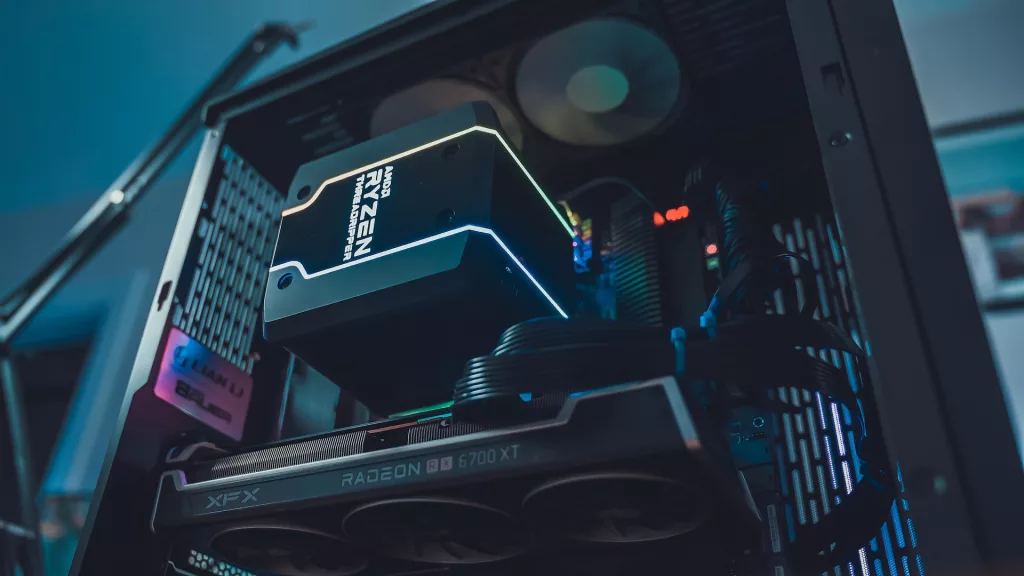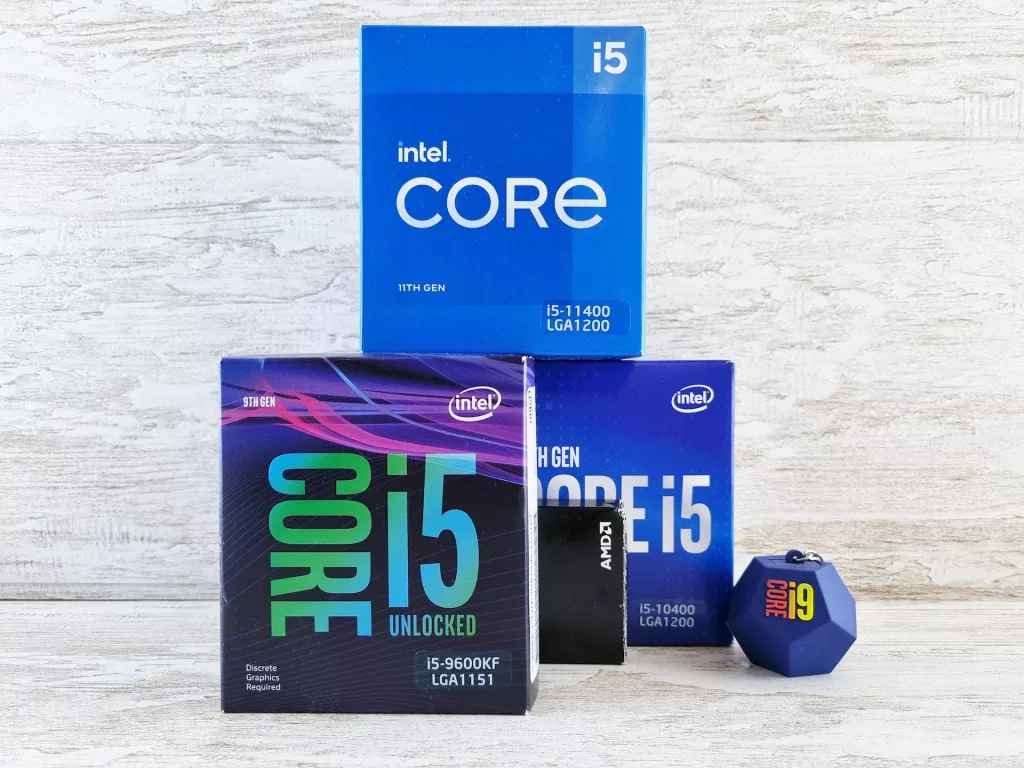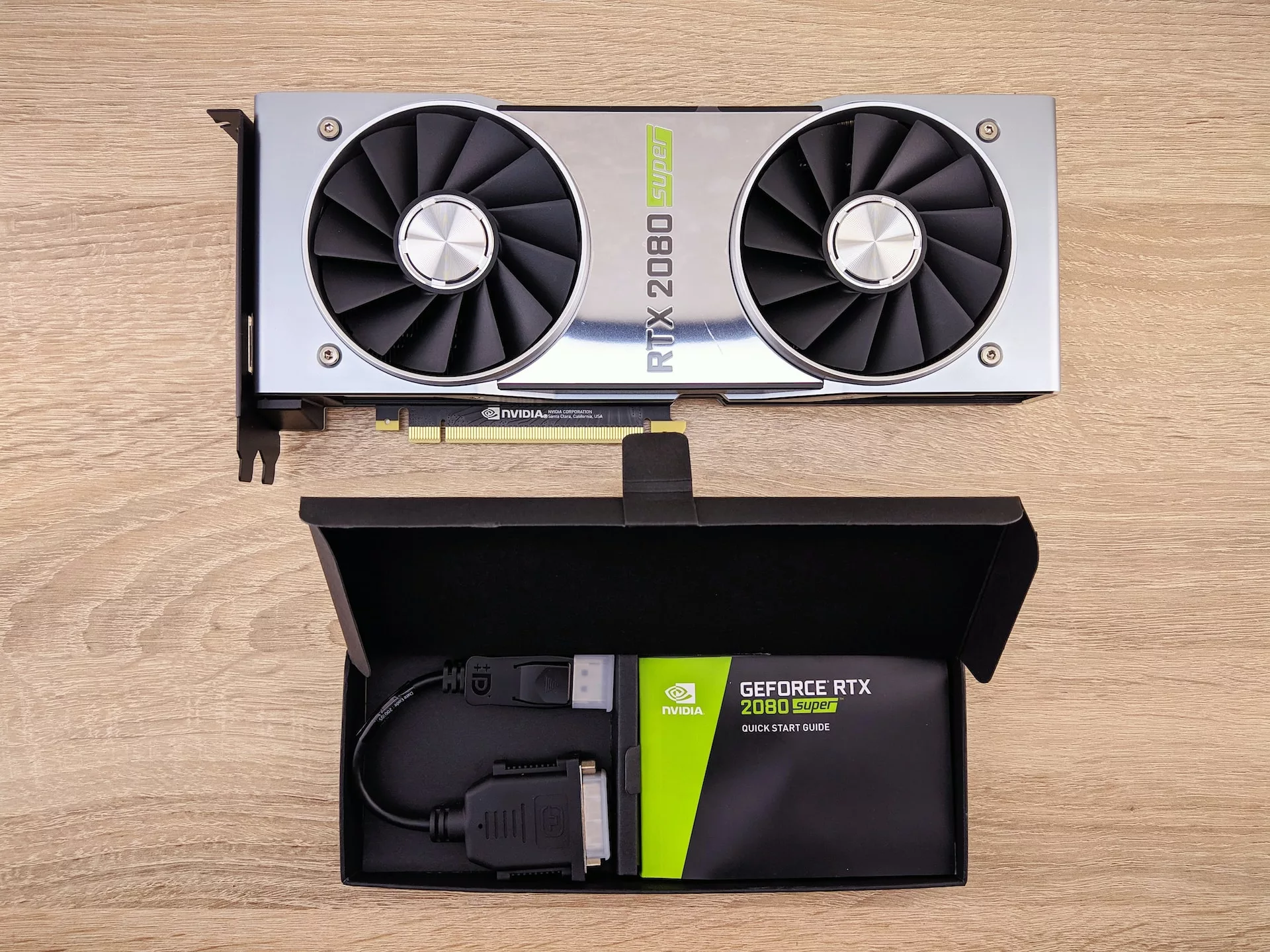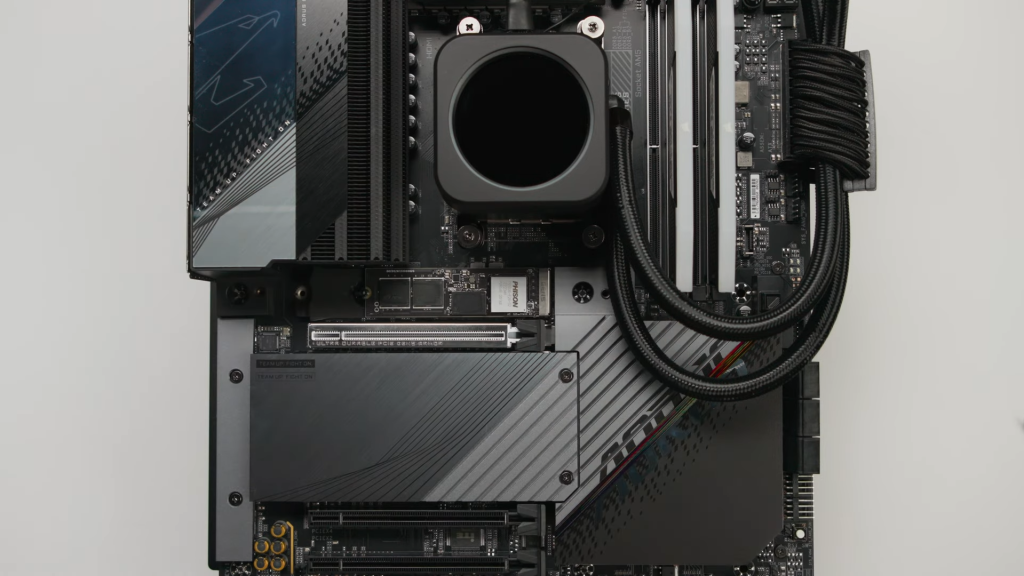Are you considering buying a gaming PC for your child? That’s awesome! It’s the perfect gift. However, this is not as easy as asking them what they need/want, is it? Things become a tad bit more difficult when you don’t have the current knowledge of PC parts. Well, no worries; we are here with a little advice in order to come up with the best gaming PC for your child’s young one.
Step 1: Set Your Budget
Then again, you should know your budget so that this experience does not turn out expensive at the end. When it comes to gaming PCs, they come in various sizes, and knowing your budget kind of prepares you a bit for your gift purchase expedition.
Step 2: To Build or To Buy? That’s the Question
As for now, you have a decision to make. In this case, you have several options that include purchasing a prebuilt gaming PC or building one from scratch. Buying a prebuilt PC is equivalent to purchasing readymade cakes. Tech is not in the picture. However, should they have the adventurous spirit, making one from scratch is as unique as baking out of a boxed mix—but with the right frosting and icing on top.
Step 3: Unearth Their Gaming World
You cannot just say, “Champ, which are your favorite games?” But you should do some detective work to discover more about each child. Find out what they do during gaming or talk to their teammates. There you could get some tips on what is madness in these games they are nuts for. Is it that their friends play gory and shoot-em-up games, or maybe the charms of indie titles?
Step 4: Components

Once you have established a budget and know what your child needs, then we can talk about parts. Here’s the lowdown on what you need to consider:
The CPU
CPUs are the brains of PCs, they process data efficiently. In terms of CPUs, you’ve got Intel and AMD which provide choices for various purposes and wallets.
The GPU
Everything about a great gaming experience is in the GPU because it brings those game graphical details to life. That is where Nvidia and AMD, leading companies at this point, provide graphical processors suitable for various budget plans and playing styles. The GPU is the most important consideration when buying or building a gaming PC and there are entry-level options, mid-range options, as well as high-end options. The right GPU depends entirely on what games will be played on the PC.
RAM
RAM is where temporary data is temporarily stored. Mostly 8GB is fine for gaming purposes, although your child may require a higher size if he/she wants other tasks such as video editing. Higher RAM also translates to a snappier and more responsive performance of the system in general, as well as good multitasking. High-end games might require 16GB RAM.
Storage
You’ve got two main types of storage: HDD and SSD. The slow but large storage is analogous to the tortoise which lags behind, hence, HDDs resemble tortoises. In other words, SSDs are the hares – faster though slightly on the pricey side. Some opt for a mixture of the two, trying to get the best out of both. This is the ideal option – get a smaller SSD to load the apps and the operating system, and a larger HDD to store all files, movies, and other stuff.
Motherboard
The motherboard acts as the PC’s central hub linking all components together. Ensure it is compatible with your chosen CPU and GPU.
Power Supply
Depending on the rest of your components (mainly the GPU and the CPU), you will be recommended an ideal power supply to provide the necessary power to the system. This is the one place where you should never cut corners. Always ensure there’s sufficient power headroom for the safe operation of the gaming PC.
Build vs. Buy

This is true for designing or purchasing a game desktop machine; each method has its advantages and disadvantages. You can also build your own PC as this may help you save money in the end; however, it is quite tedious. Lastly, it needs a little technological knowledge. Although buying a prebuilt PC saves a lot of time, it could be quite costly and some other features may miss out that are exactly needed.
If you go with building a PC yourself, read the summarized PC building guide. If you want a more detailed comparison, read more here: Prebuilt vs. Custom Gaming PC Pros and Cons.




